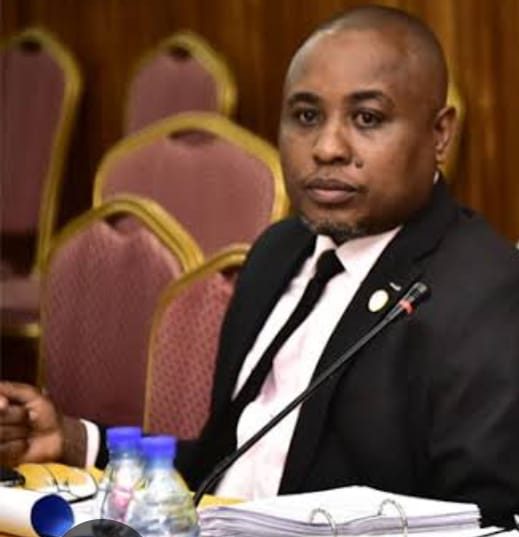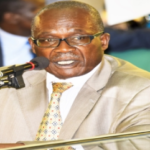Legal uncertainty continues to cloud the criminal case against Lwengo District Chief Administrative Officer (CAO), Mr. Nathan Lujumwa, as lawyers representing civil society organisation Volunteer Uganda Extra Limited have raised fresh concerns over what they describe as procedural missteps and attempts to derail justice.
The case, based on charges of concealment of a public record under Section 45(b) of the Access to Information Act, Cap. 95, was initiated by Volunteer Uganda through private prosecution, an avenue the group chose after citing a lack of confidence in the timely handling of such matters by law enforcement agencies.
On April 24, 2025, the Chief Magistrate’s Court in Masaka granted the Office of the Director of Public Prosecutions (DPP) permission to take over the case, under Article 120 of the Constitution.
The court emphasized that the DPP’s involvement was to ensure the case proceeds to its “logical conclusion,” not to frustrate it.
The DPP’s initial involvement, facilitated by a State Attorney named Caroline, was met with satisfaction from the complainants, who described her conduct as professional and respectful of due process. However, proceedings on May 22 took an unexpected and troubling turn.
According to a formal statement from the complainants’ legal team, a different male state attorney from the office of the Chief Resident State Attorney appeared in court without prior notice and attempted to assume conduct of the case.
The lawyers argue that the attorney’s intervention was procedurally irregular and potentially undermined the ongoing case.
They noted that the attorney’s requests for court evidence, which had already been filed and considered during earlier proceedings, were made without engaging the complainants or acknowledging the existing record. Such actions, they warned, raise red flags and risk compromising the fairness of the trial.
Further complicating the matter, the May 22 session was not presided over by the Chief Magistrate, who has overseen the case from its inception, but rather by a Grade One Magistrate.
The complainants argue that due to the nature of the proceedings, a private prosecution under the Access to Information Act, only a Chief Magistrate has the jurisdiction to preside and record proceedings.
“The Grade One Magistrate should have only adjourned the matter in the Chief Magistrate’s absence, not progressed it,” the complainants stated.
Equally troubling to the legal team is the persistent absence of the accused. Mr. Lujumwa has reportedly failed to appear in court on four separate occasions, despite the issuance of multiple criminal summons. No fresh summons had been issued by the time of the most recent court appearance, and the complainants insist that the matter must be pursued with urgency.
They also claim the accused is now seeking to reframe the criminal case as a civil dispute, an approach they say is an intentional attempt to avoid accountability.
“There is a clear and deliberate effort to frustrate this process, to drag it out and dilute its criminal nature,” said one of the lawyers.
The complainants insist that while the DPP has the legal authority to take over private prosecutions, that power must be exercised in a manner that upholds, rather than undermines, the public interest.
“The DPP should not be seen as shielding powerful officials. Their role is to ensure accountability, especially when dealing with public records and transparency,” the legal team argued, calling on the Resident Chief State Attorney to urgently clarify the internal confusion within their office.
They further stressed that the DPP cannot lawfully take over the same case more than once, and any further procedural action should be based strictly on the already established court record.
As the case draws wider public attention, legal observers say it could set an important precedent for how Uganda’s Access to Information Act is enforced and how civil society organisations navigate private prosecutions in the face of state inaction or interference.
Volunteer Uganda Extra Limited, the group behind the case, is known for its work in fighting corruption and promoting transparency and good governance.
It was recently honoured with a certificate of appreciation from the Lwengo District Local Government, signed by District Chairperson Ibrahim Kitatta Almalik and Speaker Hon. Ssenozi Peregrino.
With the next court date set for June 26, 2025, the complainants remain hopeful that the Chief Magistrate will return to preside over the matter and ensure that it continues with the fairness and independence it deserves.
![]()
























